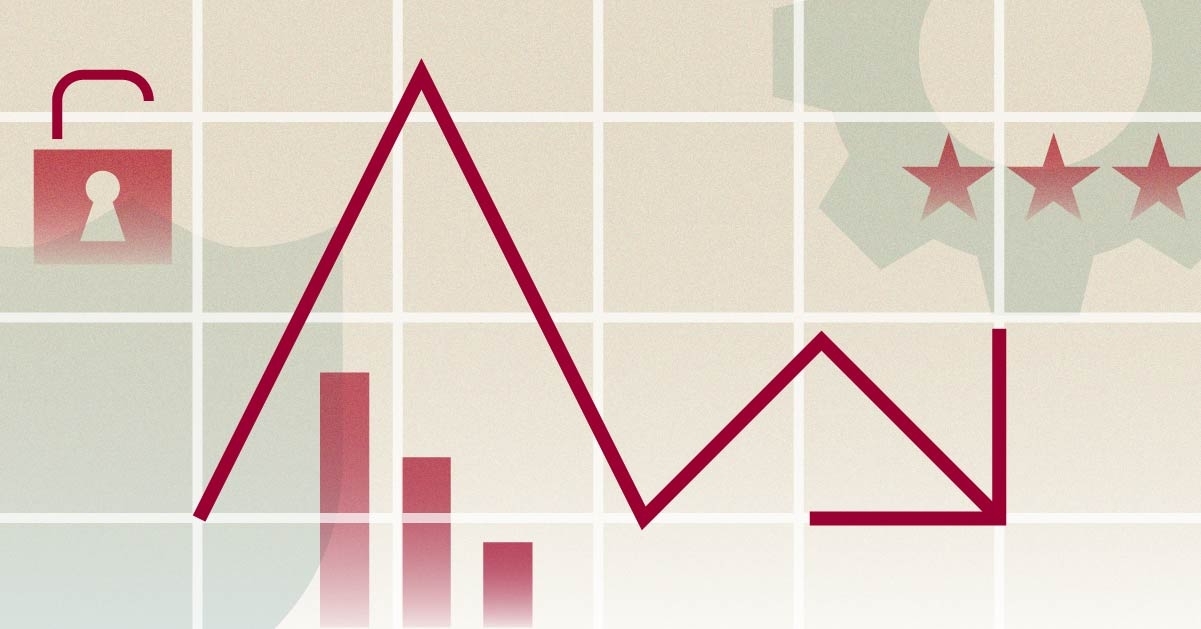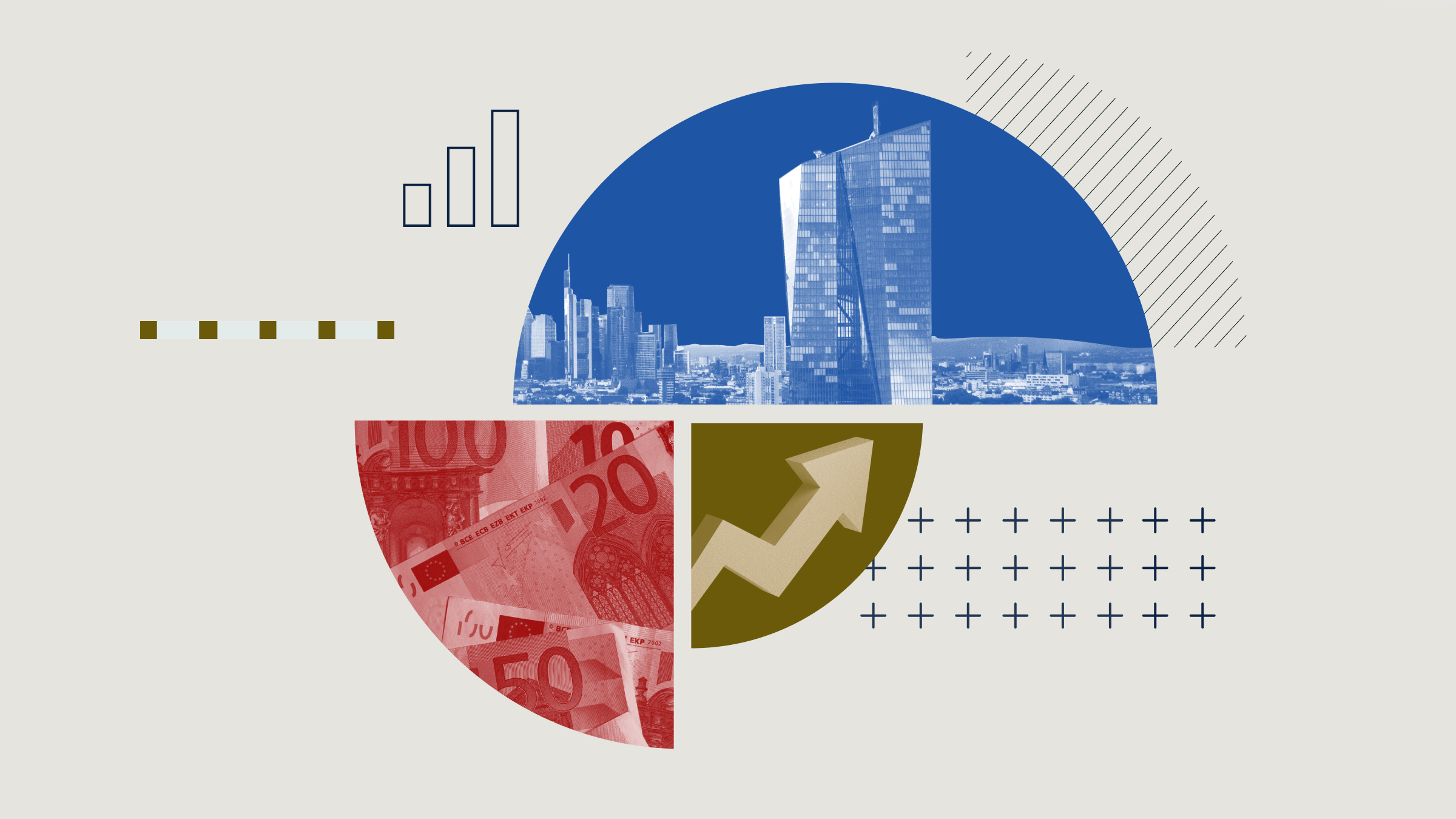The second-quarter had plenty of scary moments. The euro seemed on the brink of collapse more than once, US economic data started to look less rosy, and volatility in the markets came back with a vengeance. There were plenty of disconcerting statistics this quarter, but here are 10 that were among the scariest.
-1.5%: GMO's estimate of real return of US bonds during the next seven years.
62 Billion: Euros that the Spanish banking system would need in an adverse economic scenario according to a government-commissioned report released in June.
100 Billion: The opening ante, in euros, of what Spanish banks could receive from European bailout mechanisms. Bailout sizes have a funny way of creeping up.
33%: The decline in Research in Motion's (RIMM) stock price during the last three months. RIM has become something of a scary-number frequent-flyer in the last year as the firm's market share has rapidly diminished. The BlackBerry maker just can't seem to produce a compelling product to compete against Apple (AAPL), devices powered by Google's (GOOG) Android, and even phones running Microsoft's (MSFT) Windows Phone software.
-18%: Fall in Facebook's (FB) share price from its IPO at $38 a share. It turns out that even the most hyped IPO in recent memory can't sustain an unreasonably high valuation.
$2 Billion: Loss reported by J.P. Morgan Chase (JPM) following a hedging operation gone wrong at the bank's London office.
$9 Billion: The amount The New York Times reported that J.P Morgan might lose as it continues to unwind the London Whale's trade.
1.8%: Quarter-over-quarter growth of Chinese gross domestic product. This is down from more robust 2%+ growth seen in 2011, stoking fears that Chinese growth won't be able to boost global economies.
5.8%: Yield on Italian 10-year bonds on the final day of the second quarter. Even after a big rally from the first steps toward a eurozone banking union and the steady hand of prime minister Mario Monti, the yield on these bonds is still uncomfortably high. The market still isn't convinced Europe can solve its debt woes.
27%: Percentage of Greeks who voted for Alexis Tsipras' Syriza party in June's parliamentary elections, just shy of a plurality. A Syriza victory could have meant a swift, disorderly exit from the euro, which would do nothing good for global investors. The vote was a sharp reminder that politics remains at the heat of the European crisis, and that politics can shift very quickly if Europeans feel they are getting a raw deal from the powers that be.
























